The journey to becoming a mother was an especially fraught one for me. Thanks to difficulty conceiving followed by recurrent miscarriage, I’m not even sure when I got that title. I can tell you one thing for sure. Never before trying to conceive did I imagine that I might one day become an infertility success story. Never did I imagine infertility or miscarriage at all.
What is a mother?
I think I became a mother sometime around the fall of 2015. It might’ve been earlier.
Yet, in May 2018, I was repeatedly and enthusiastically wished a “Happy first Mother’s Day!”
Clearly, there’s a disconnect between when I believe I became a mother and when the world at large thinks I did. It’s all about definitions, I suppose, and my definition of the word “mother” doesn’t seem to match other people’s.
If you’ve found this article, there’s a decent chance it’s because you’re questioning whether you, or someone you love, counts as a mother, too. So let’s be super clear on where I stand.
I believe that all of the following people can be called mothers:
- mothers with living children
- mothers with deceased children
- miscarrying mothers
- mothers trying to conceive
- mothers awaiting adoption
- mothers awaiting a surrogate birth
- mothers who care for other people’s children without legal status
- and many, many more
Seriously, many more. just because I didn’t name the group you belong to does not mean that you cannot, if you feel maternal in your heart, be called a mother.
I believe that surrogate mothers make the world turn. I do not believe that the mother is born the day a child is born; the mother is born the day her heart decides.

This site contains affiliate links, meaning that we earn a small commission for purchases made through our site. We only recommend products we personally use, love, or have thoroughly vetted.
Why don’t we talk about infertility stories?
With 1 in 8 couples struggling to conceive and 1 in 4 pregnancies ending in miscarriage, why don’t we talk about infertility stories more?
I think there are a lot of answers to this question. Some are historical–women have historically kept discussion of anything regarding their reproductive bodies silent. A mere 150 years ago, people didn’t even use the word “pregnant.” Women simply wore loose dresses until they could hide their pregnancies no longer, at which point, they basically went into hiding until their postpartum period (known at the time as “lying-in”) was over.
Another reason is comfort. We’re not comfortable talking about other people’s pain. And many people (I’m obviously excluded from this group) aren’t comfortable talking about their own grief. If you aren’t comfortable, that’s fine–you do you, girl! But if you are, we need those voices to round out the narrative and remind us all of how common infertility really is.
Women struggling to conceive or carry healthy pregnancies need to know they’re not alone. They deserve to realize they’re part of a large sisterhood that has existed literally since the beginning of time.
And they need to know that, when people tell you it can take a while to get pregnant, it may not–but it also might. We missed the memo on the latter part of that statement.
Southern Expectations
I also think one of the reasons I’ve heard so little about infertility throughout my life is because I’ve spent it living in the Southern United States, where the general narrative is that you go to college, get married, and have babies.
I went to a university in South Carolina that boasted during freshman orientation that ¼ of the student body would meet their future spouse during freshman year.
I chose to stay in the South after college, where people generally marry younger than the national average. A population that marries younger, perhaps logically, also tends to procreate earlier. All that to say, the world around me had a timeline for my life, and I didn’t meet it.
I met Husband in college, when I was only 20. We got married when I was 26 and he was 28, but we didn’t have children, and we didn’t yet want them.
We knew we wanted kids someday, but someday always felt very, very far away. People were irritatingly dismayed by our lack of interest in having a baby.
“Why don’t you have kids yet?” asked friends, relatives, coworkers, random strangers in the grocery store (I’m not kidding.) “You should go ahead and start trying,” many of them said. “It may not be easy. It can take a while.”
Indeed, it did.

My Infertility Story: Getting Pregnant May Not be Easy
Eventually, we decided we were ready, so I went off birth control and we started trying to conceive. A year-and-a-half later, no success, and I had stopped even daring to hope it would happen without intervention.
One Sunday night in October, I was sitting on our couch, preparing a list of questions about fertility testing to ask at my annual OB GYN appointment the next day.
I had felt queasy all weekend, but we’d been in the mountains, so I attributed it to general motion sickness from the car and perhaps the slightly thinner air. In hindsight, this was absurd. I do get motion sickness, but I don’t feel the altitude in Denver or the Swiss Alps; I certainly wasn’t feeling it in the mountains of western North Carolina.
Still, pregnancy somehow didn’t cross my mind. After all, I was a living infertility story, having seen nothing but negative pregnancy tests for 18 months. I was preparing to talk to my doctor about fertility treatments the very next day, for God’s sake.
As I reviewed my list of fertility questions, I noticed a sharp pain in my left breast. I observed the pain, and I noticed my breasts were fuller and harder than usual.
That’s when I knew. My quesiness all weekend had not been motion sickness. My strange cravings for chicken sausage were more than just cravings.
It took less than 10 seconds for those 2 bright pink lines to appear on the positive pregnancy test. I was pregnant. After a year and a half of hoping, we were finally going to have our baby.
Until we weren’t.
Staying Pregnant May be Much Harder
A few weeks and two ultrasounds later, I found myself Googling “blighted ovum stories,” trying to wrap my brain around this exceedingly common type of miscarriage that I’d never heard of before.
After 18 months of not being able to conceive, getting pregnant suddenly became obnoxiously easy. I’d miscarry, fall pregnant again within 2 months, miscarry again. I got pregnant even when we were intentionally trying not to.
Recurrent Miscarriage
I’ll never forget the sinking feeling I got when I got a phone call from my doctor following blood work after back-to-back miscarriages.
I thought she was calling to tell me that my HCG (pregnancy hormone) levels had finally gone back down to 0 after my most recent miscarriage.
Instead, she said, they were going back up. I was pregnant again. “How can that be possible?” I asked. Obviously, I know the answer, but still, it didn’t make sense. I suddenly had a much better understanding of how surprise pregnancies can happen.
(An especially strange feeling after a year-and-a-half in a struggle with infertility.)
A sinking feeling is not the reaction most expect when a woman dying to have a baby finds out she’s pregnant. But I knew this game. We’d been waiting to let my hormone levels drop so I could begin recurrent miscarriage testing to try to figure out why I couldn’t carry our pregnancies.
I knew this pregnancy was over before I ever knew it had begun. And I was right. After the third pregnancy, I had an ectopic pregnancy story to tell too.
Within a week, I was in the hospital receiving a methotrexate injection to “dissolve” the embryo that had implanted in my fallopian tube. Dissolving a pregnancy. Can you imagine?
And yet, weirdly, this was by far my easiest loss. Practiced at the game of miscarriage, I was learning to dissolve my sadness too.

Why We Need to Tell Our Infertility Stories
And yet, during my year-and-a-half of infertility followed by 4 miscarriages, people continued to ask, “Why don’t you have kids yet?”
“I want them,” I could’ve said when we were unsuccessfully trying to conceive. “But it hasn’t happened yet. Does having the space in my heart make me a mother?” I should have said this. Instead, I said that we would have them someday.
“I do,” I could’ve said when we were experiencing miscarriage after miscarriage after ectopic pregnancy after miscarriage. “But they’re in Heaven. Do you recognize me as a mother?”
I should’ve said this too.
So I say it now for those who wish they could, and also for myself.
Because it needs to be said. We need to undefine motherhood because our definitions can be far too exclusionary, far too heartbreaking.
What if I became a mother when I decided, not when everyone else did?
Infertility Success Stories are Possible
Now, I have a darling boy sleeping as I write, and 4 wooden angels on the bookshelf in my living room, each with a candle honoring the brief life it represents. My son is, quite literally, a dream come true. I gave birth to him three weeks before his due date. He is, in so many ways, a miracle.
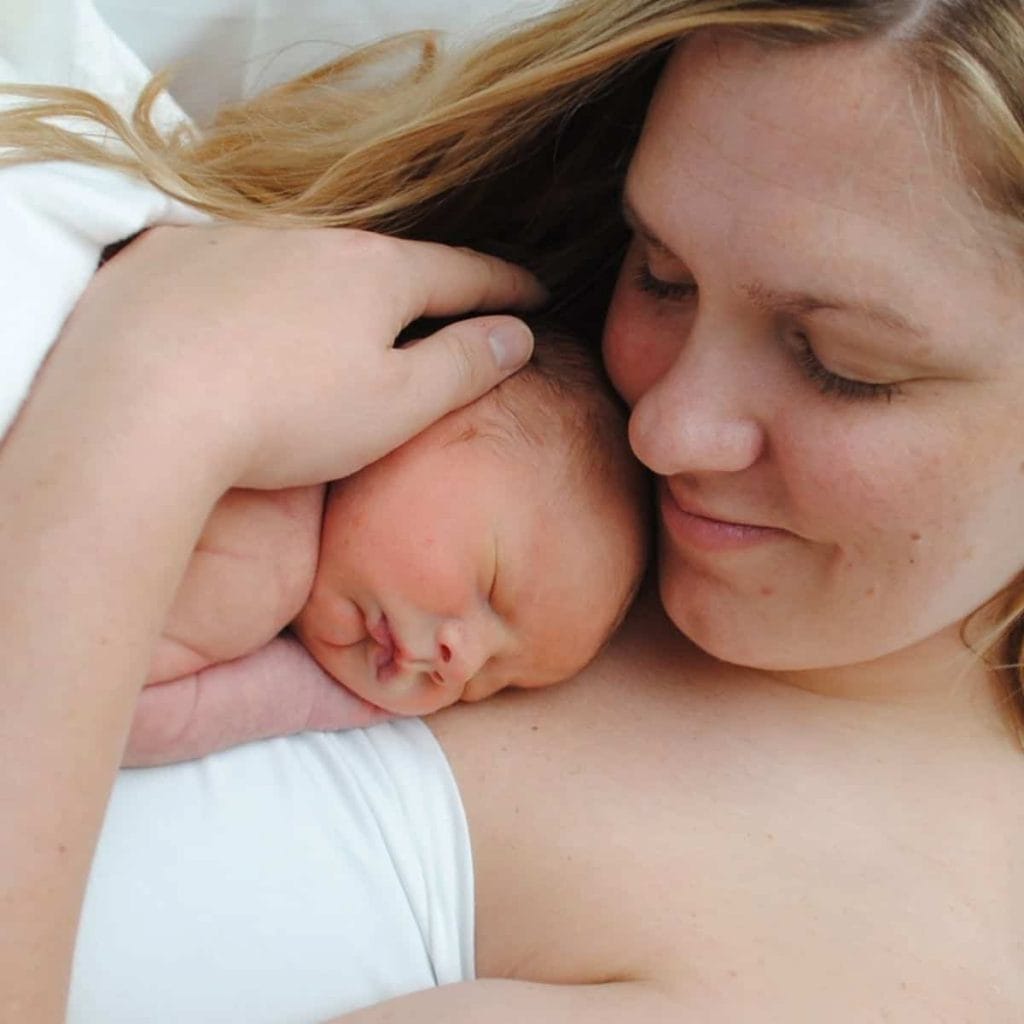
It turns out, I never had a problem conceiving, although many families do. Learn more about what infertility is and the emotions of experiencing it.
Despite following the advice of all the helpful tips to conceive, it took a year-and-a-half to conceive because I didn’t understand my cycle, and ovulation predictor kits (OPKs) lied to me.
Well, they didn’t really lie to me–they just can’t confirm ovulation, and it turns out, I had 2 luteinizing hormone (LH) surges a month, which is what they pick up on. So I thought I was finished with my fertile window before it even began.
This experience led me to to do extensive research into the best ways to track ovulation. After a year-and-a-half of trying to conceive followed by miscarriage, I was determined to get pregnant faster.
I had success (and learned SO much about my body) thanks entirely to the Ovacue Fertility Monitor.
Many people now achieve similar results with monitors like the Ava bracelet or Ovusense.
Even though I couldn’t carry my pregnancies, I’m tremendously thankful for my Ovacue monitor. Being about to better understand my cycles and start conceiving easily also meant the process of discovering and testing for causes of recurrent miscarriage went by faster.
Ultimately, though, I got lucky. My reproductive endocrinologist (RE)–the specialist I saw at my fertility clinic–found an unheard of problem that it turns out likely causes recurrent miscarriage for a lot of women.
After years of blood tests, small surgeries, uncomfortable procedures, and heartbreak, he found the answers and gave us our rainbow baby.
Read specifics in my success after recurrent miscarriage article under the “hysteroscopy” section.
You Are Not Alone
No matter what your circumstances as you read this, I want you to know that you are not alone.
The infertility process is not just hard; it’s gut wrenching. The miscarriage process is the same.
There’s a community of women here who understand and support you. There’s a community of women across the world, and throughout history, who share your story. And none of them would with it on anyone.
For emotional support and other stories, please see our other resources. And, if you’re comfortable, chime in to help other women in the comments section.
What’s your infertility story?
Other Infertility Stories
More Articles about Infertility
- Infertility support forums and groups
- Providing infertility support
- What is embryo adoption?
- What it’s like using donor eggs
More Articles about Miscarriage
- What to expect when you miscarry
- Coping with miscarriage grief
- How to create a miscarriage memorial
- Why you don’t have to attend a baby shower after miscarriage or during infertility
- After miscarriage, what to do
- Books about miscarriage
- Miscarriage tattoos
- Miscarriage support groups
More Miscarriage Stories
- Beth’s ectopic pregnancy story
- Arden’s experience with the miscarriage pill
- Dawn’s unplanned pregnancy miscarriage
- Faith’s story of termination for medical reasons
- Nicole’s medical abortion story

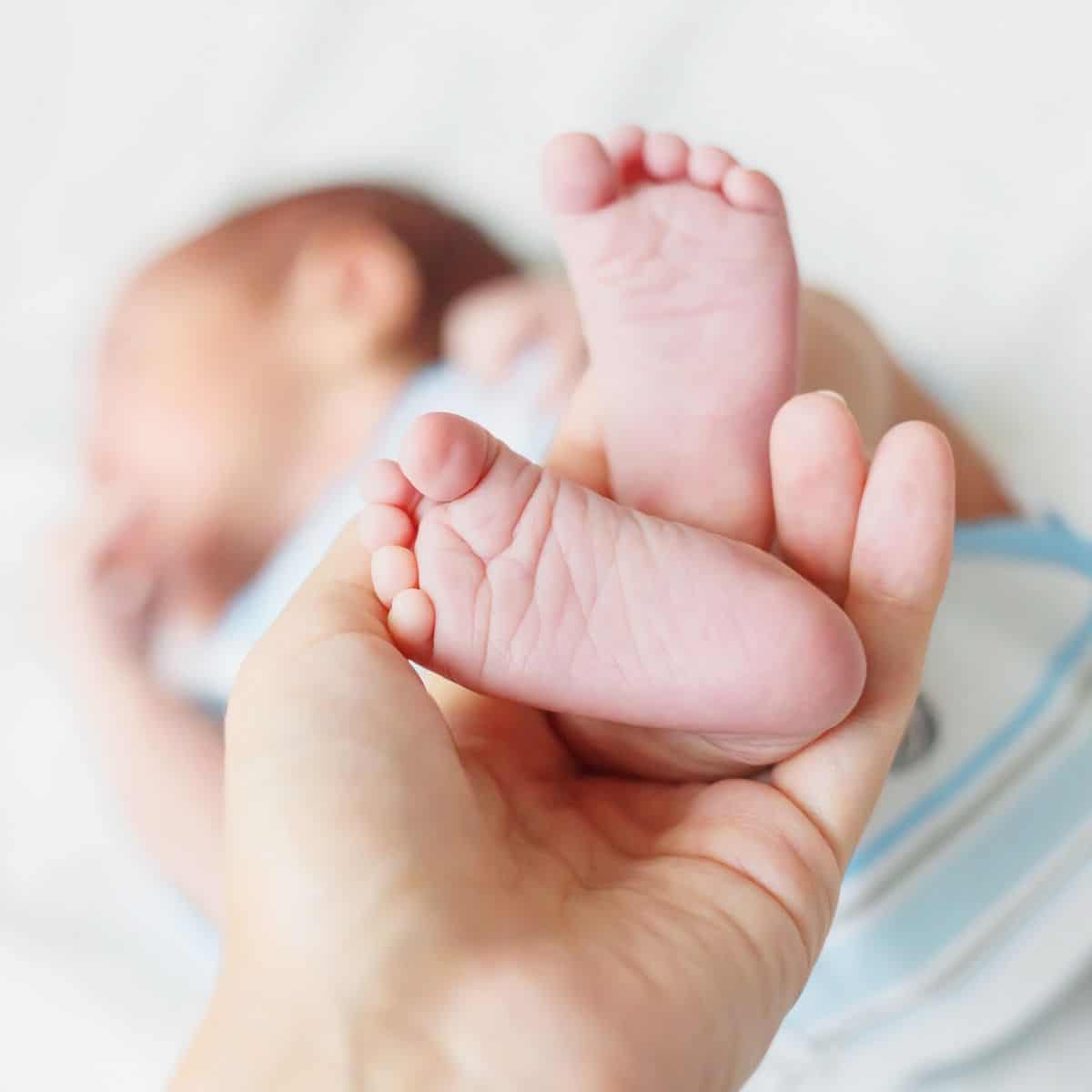
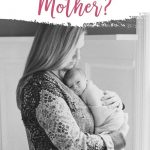

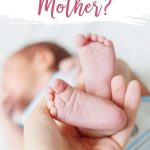


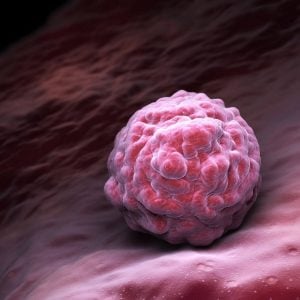




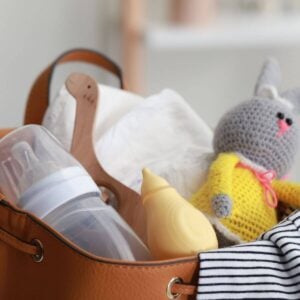
This blog is going to be addictive. So many people need this!